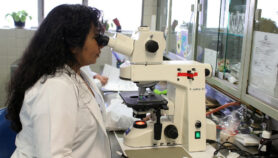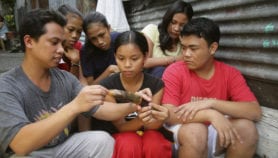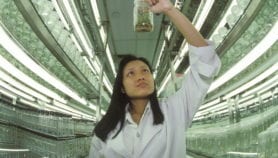Send to a friend
The details you provide on this page will not be used to send unsolicited email, and will not be sold to a 3rd party. See privacy policy.
‘Open access’ publishing has become a topic of heated debate amongst the scientific community.
It is based on the concept that, since the costs of distributing and accessing information electronically have become virtually negligible, all scientific publications should be freely available through the Internet.
Less widely discussed — but of potentially much greater impact as it does not conflict directly with the interests of journal publishers — is the concept of open archiving. Under this approach, a rapidly growing number of scientific institutions are encouraging researchers to place electronic copies of their papers in online archives.
In this broad-ranging article, three leading proponents of open archiving — Leslie Chan of the University of Toronto, Barbara Kirsop of the Electronic Publishing Trust for Development, and Subbiah Arunachalam of the M. S. Swaminathan Research Foundation — review the benefits this strategy offers scientists in the developing world.
The most obvious advantage, they argue, is that open archiving gives scientists in developing countries crucial access to scientific and medical papers they would otherwise be unable to afford.
At the same time, say the authors, it means that institutions in the developing world can raise the profile of their research internationally. "Until the imbalance in access and distribution of scholarly literature is redressed, science in the developing world will continue to lag behind," they say.
The article describes progress towards open archiving in both developed and developing regions, and makes a number of recommendations about how to achieve free access to all publicly funded research.
The authors conclude that: "open access can transform the research scene from one of isolation and marginalisation, to one of inclusion and international cooperation".













